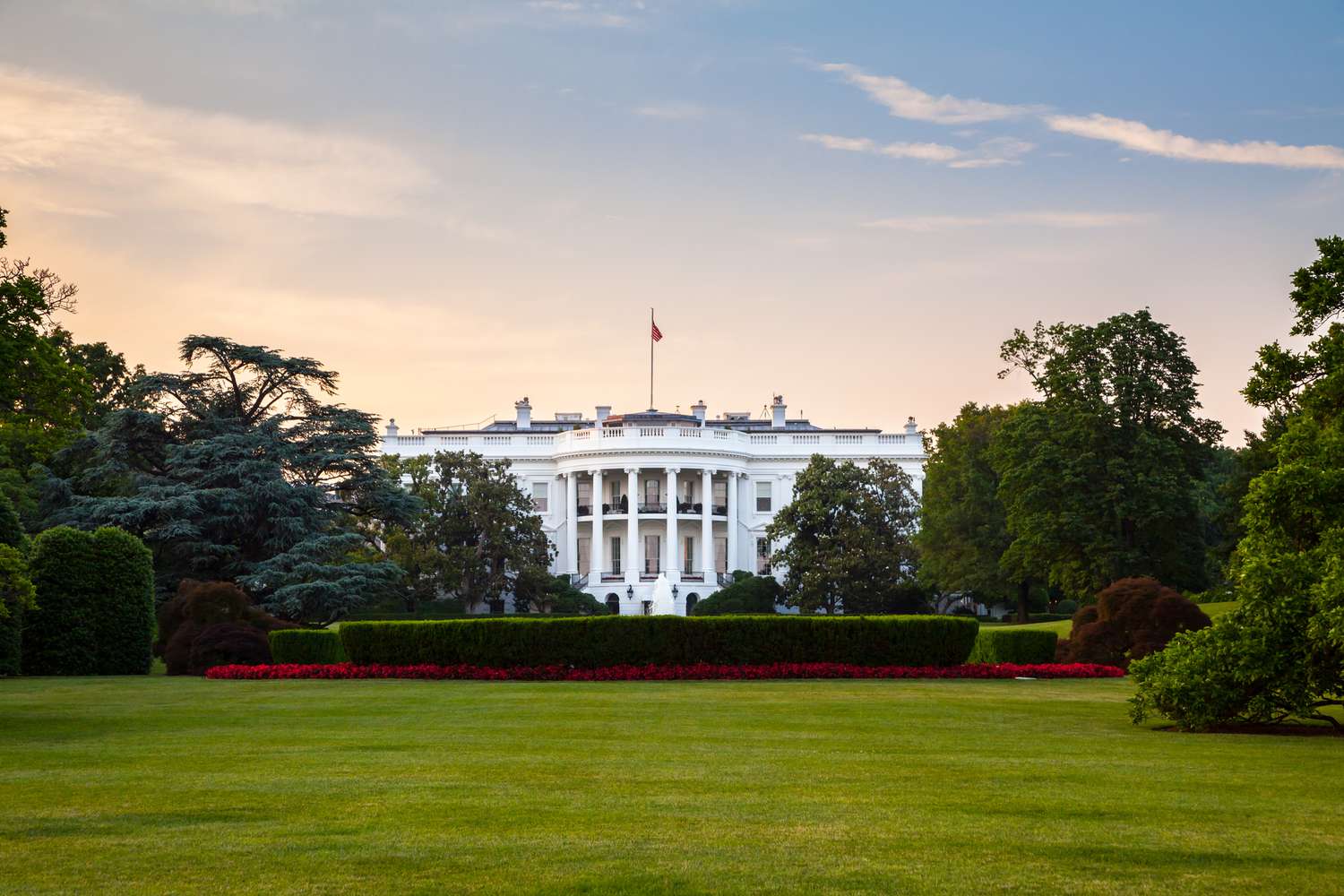
The Biden-Harris administration unveiled the ‘Service for America’ program to solve the 500,000-strong cybersecurity job gap.
Consider a situation in which a critical infrastructure attack disables a major city’s power grid, leaving millions without power for days. Consider if today’s nations have enough skilled cybersecurity personnel to prevent such a calamity.
The cybersecurity skills gap, a recurring issue in the digital era, has reached frightening proportions. With an estimated 500,000 open positions in the United States, organizations in both the public and private sectors are battling to fight against increasingly sophisticated cyber threats.
Several factors contribute to the growing gap between supply and demand. The rapid speed of technical innovation, combined with the changing nature of cyber threats, has produced an ongoing demand for up-to-date capabilities. Furthermore, the assumption that cybersecurity jobs necessitate substantial technical expertise or computer science degrees has discouraged many potential applicants from entering the industry. The end result is a talent pool that is straining to keep up with the growing demand for cyber professionals.
To address this serious issue, the White House Office of the National Cyber Director (ONCD) has taken a bold move. The Biden-Harris administration is launching an ambitious recruitment effort to fill the cybersecurity deficit, with the goal of transforming the landscape of America’s cyber workforce. This initiative, dubbed as ‘Service for America,’ marks a deliberate effort to not just strengthen the nation’s cyber defenses but also to generate opportunities for Americans from all backgrounds.
According to National Cyber Director Harry Coker, Jr., “Every day in our country, we Americans face bad actors in cyberspace, whether they are foreign governments or cybercriminals.” They endanger the safety of our schools, hospitals, small businesses, state, local, tribal, and territorial governments, as well as key infrastructure.”

The Service for America program, created in collaboration with the Office of Management and Budget (OMB) and the Office of Personnel Management (OPM), seeks to prepare the country for a digitally enabled future by connecting Americans to well-paying, meaningful jobs in cybersecurity, technology, and artificial intelligence (AI). This project is consistent with the Biden-Harris Administration’s larger Investing in America agenda, which is promoting cyber job growth across a variety of industries.
Challenges in Addressing the Cyber Skills Gap
One of the most significant hurdles in closing the cybersecurity skills gap has been the idea that these professions necessitate considerable technical backgrounds or computer science degrees. The ONCD is striving to dispel this notion, emphasizing that cyber employment are available to people from a variety of educational and professional backgrounds. “Many Americans do not understand that a cyber job is available to them,” Coker points out.” “There is a common misconception that getting a job in cyber requires a computer science degree and a strong technical background. The truth is that internet occupations are open to everyone who wants to pursue them.
To increase the accessibility of cyber jobs, the administration is adopting many methods specified in the National Cyber Workforce and Education Strategy (NCWES). This includes:
1. Eliminating needless degree requirements and shifting to a skills-based hiring approach, especially for federal government IT positions.
2. Increasing work-based learning opportunities, such as recognized apprenticeships, which enable people to earn as they study. The administration recently announced an additional $244 million in funding for registered apprenticeships in booming fields, including cybersecurity.
3. Supporting locally driven initiatives that bring together employers, universities, local governments, and non-profits to meet unique training, education, and workforce needs in areas.
While industry experts have praised the White House’s approach, some warn that difficulties still exist. Ray Kelly, Fellow at Synopsys Software Integrity Group, says, “It’s great to see this push from the White House, since there is a high demand for cybersecurity specialists in the United States. The actual challenge, however, is obtaining suitable individuals. Due to the high stakes, many businesses are unwilling to hire young graduates or individuals with insufficient experience.
“A security breach may be extremely expensive, and the cost of training new employees can quickly build up, especially when cybersecurity isn’t traditionally viewed as a direct revenue driver. Businesses are searching for people who can make an instant contribution to protecting their assets and consumers.”
Despite these limitations, the ‘Service for America’ program is viewed as a timely and important intervention. Akhil Mittal, Senior Security Consulting Manager at Synopsys Software Integrity Group, commended the initiative’s approach: “The White House’s endeavor to fill the massive cybersecurity job gap couldn’t be more timely. By demonstrating that a computer science degree is not required to work in the cyber industry, they are addressing the idea that cyber professions are just for ‘techies’. It’s a wise move.
“This approach respects the wide skill set required in cybersecurity – problem solving, critical thinking, and even governance responsibilities can be as valuable. With burnout and staff shortages impacting the field, this could provide a much-needed fresh viewpoint.”
As the ‘Service for America’ program begins, the ONCD and its partners will disseminate information about career fairs, job openings, and other services to help job seekers connect with employers. The project intends not just to close the current skills deficit, but also to build a long-term pipeline of cyber talent.
National Cyber Director Coker closed with a call to action that framed cybersecurity careers as a sort of national service: “Choosing a cyber career means choosing to serve our country. We are grateful to all of the cyber workers that keep us safe every day. Service for America will assist our country in preparing for today’s and tomorrow’s cybersecurity issues (and possibilities!).







